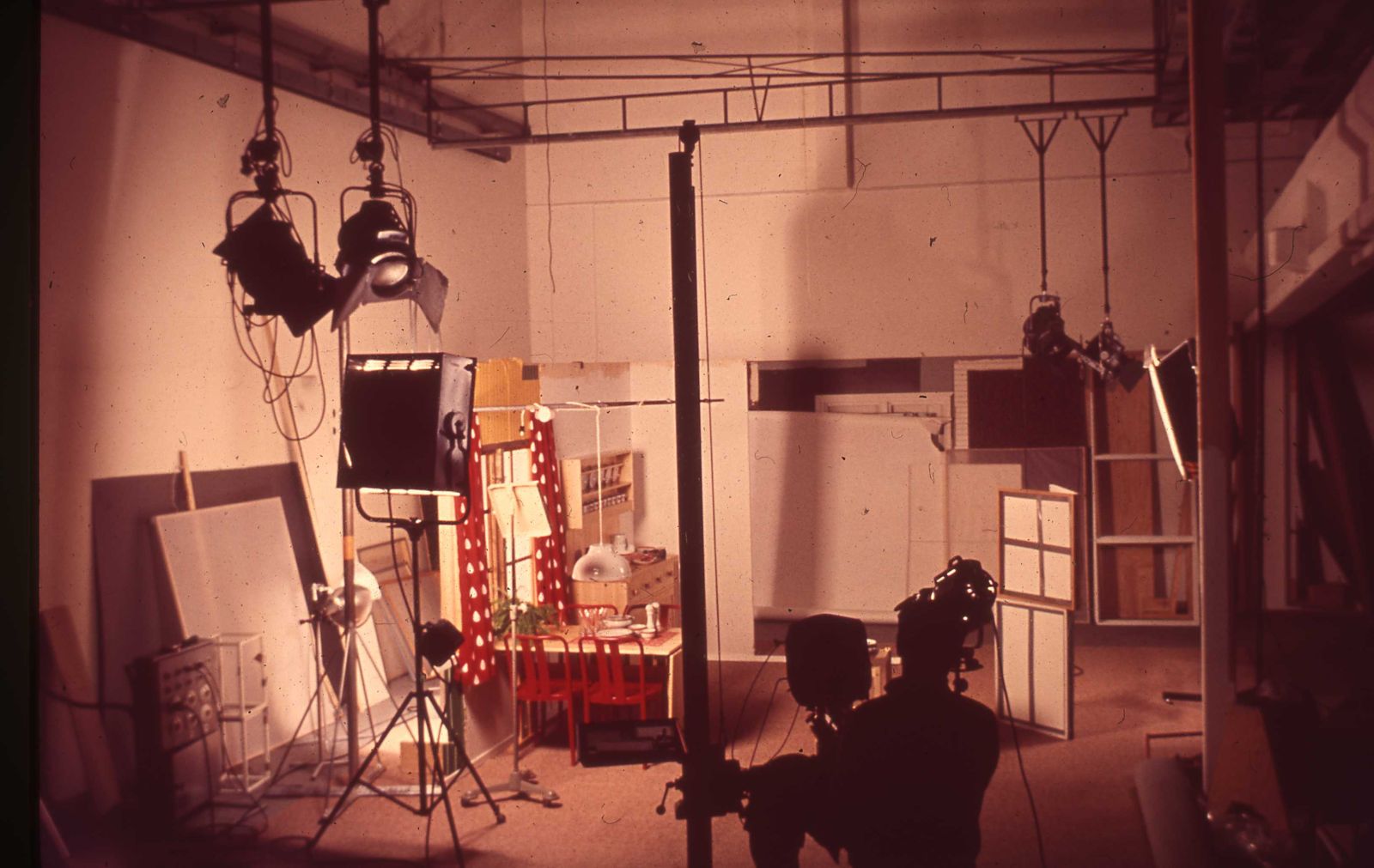Research
Western Consumerism in the Home. The Case of IKEA.
Rebecca Carrai

The homogenisation of taste and consumer behaviour, the rise of amateur craftsmanship through increasing DIY practices, the democratisation of aesthetically pleasing, modernistic mass-produced goods, the accessibility of home furniture frequent refurbishment, and the trend towards nomadic living, are just some of the phenomena that can be attributed to the increased influence of Western consumerism in the home. By employing multiple methodologies, from auto-ethnography to media analysis in order to scrutinise how consumerism conditions global domestic interiors, my work explores IKEA, an icon of the West and the world’s largest furnishing company. Despite its global recognition in various academic, pop, and artistic spheres, IKEA has been curiously overlooked in architectural discourses, possibly because of architectural and design history’s enduring focus on questions of individual authorship, production, and aesthetics.
I argue that the IKEA phenomenon deserves full attention as, by employing selected mediating techniques that I define as “objects of mediation”, it has played a pivotal role in the evolution of design and architecture into a cultural product. Over the past three decades, design and architecture have increasingly assumed a symbolic role; they have been exponentially used as a tool to leverage value outside themselves, to materialise the probable and point towards the possible. Coordinated image identity, immersive experiences and craft activities are key to our capitalist, neoliberal society and increasingly influence design manifestation and labour. In turn, IKEA can help us to understand the logic of the late capitalist era, including its pioneering focus on immaterial labour and production. This is what has aided the firm to create fiction, an alternate reality devised to immerse user-consumers in a multi-geographical and temporal space that I have termed “IKEA-Land”. While critically assessing how the growth of this multinational corporation has contributed to many of the socio-financial and environmental problems we face today, I explore IKEA’s total environment and map it from the company’s early days to its current status as a colossal corporate organisation.


